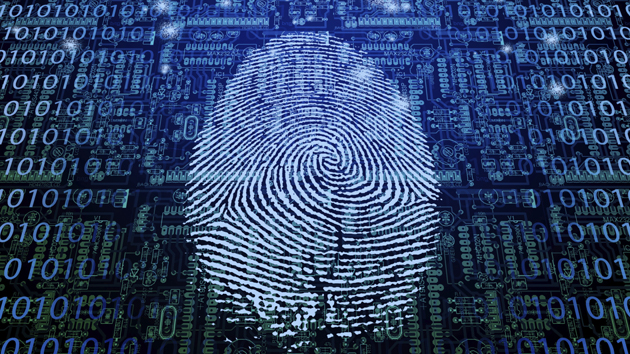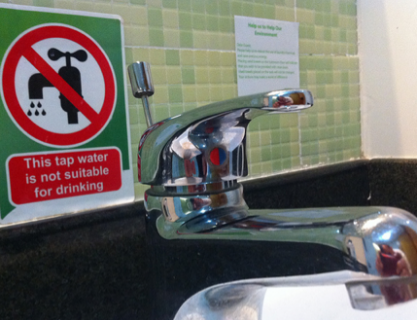Chances are you’re bad at passwords. Most of us are. A recent statistic offered up by Jonathan LeBlanc, the global head of developer advocacy at PayPal, suggests that nearly 10 percent of people have a password consisting of 123456, 12345678, or, simply, “password.”
LeBlanc has some bold thoughts on improving this state of affairs. As he told the Wall Street Journal last week, “embeddable, injectable, and ingestible devices” are the next step companies will use to identify consumers for “mobile payments and other sensitive online interactions.”
From the Journal:
While there are more advanced methods to increase login security, like location verification, identifying people by their habits like the way they type in their passwords, fingerprints and other biometric identifiers, these can lead to false negative results, where valid users can’t log in to their online services, and false positives, where invalid users can log in.
Mr. Leblanc pointed to more accurate methods of identity verification, like thin silicon chips which can be embedded into the skin. The wireless chips can contain ECG sensors that monitor the heart’s unique electrical activity, and communicate the data via wireless antennae to “wearable computer tattoos.”
Ingestible capsules that can detect glucose levels and other unique internal features can use a person’s body as a way to identify them and beam that data out.
To be fair, LeBlanc told the paper that these specific technologies aren’t necessarily things that PayPal is planning, but he’s been raising the possibility in a presentation he’s been giving, and has said the online dealbroker is “definitely looking at the identity field” as a means of allowing users a more secure way to identify themselves.
You don’t have to be a “mark of the beast” person or a conspiracy theorist to have concerns. Indeed, what could possibly go wrong with a little implanted device that reads your vein patterns or your heart’s unique activity or blood glucose levels just so you can seamlessly buy that cup of Starbucks? Wouldn’t an insurance company love to use that information to decide that you had one too many donuts—so it won’t be covering that bypass surgery after all?
As the Wall Street Journal cautiously notes, “Mr. Leblanc admits that there’s still a ways to go before cultural norms catch up with ingestible and injectable ID devices.”













